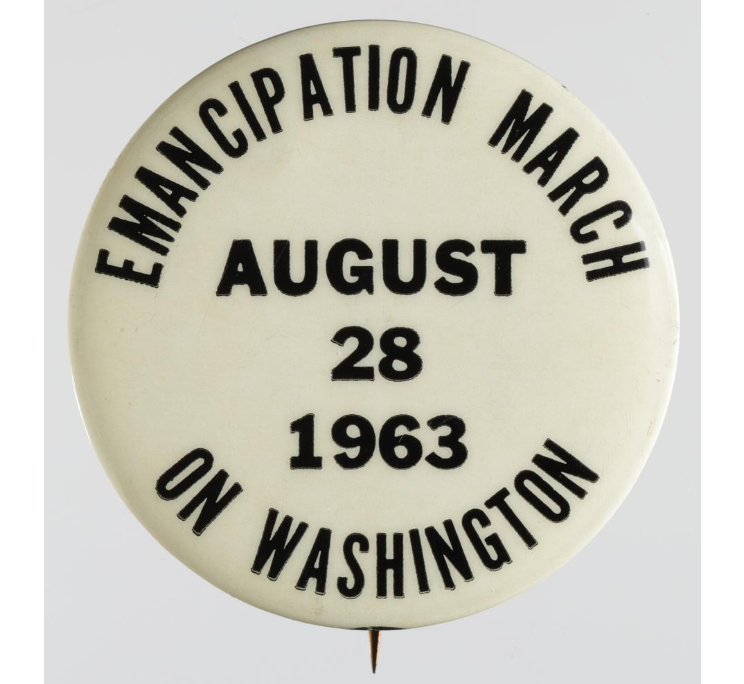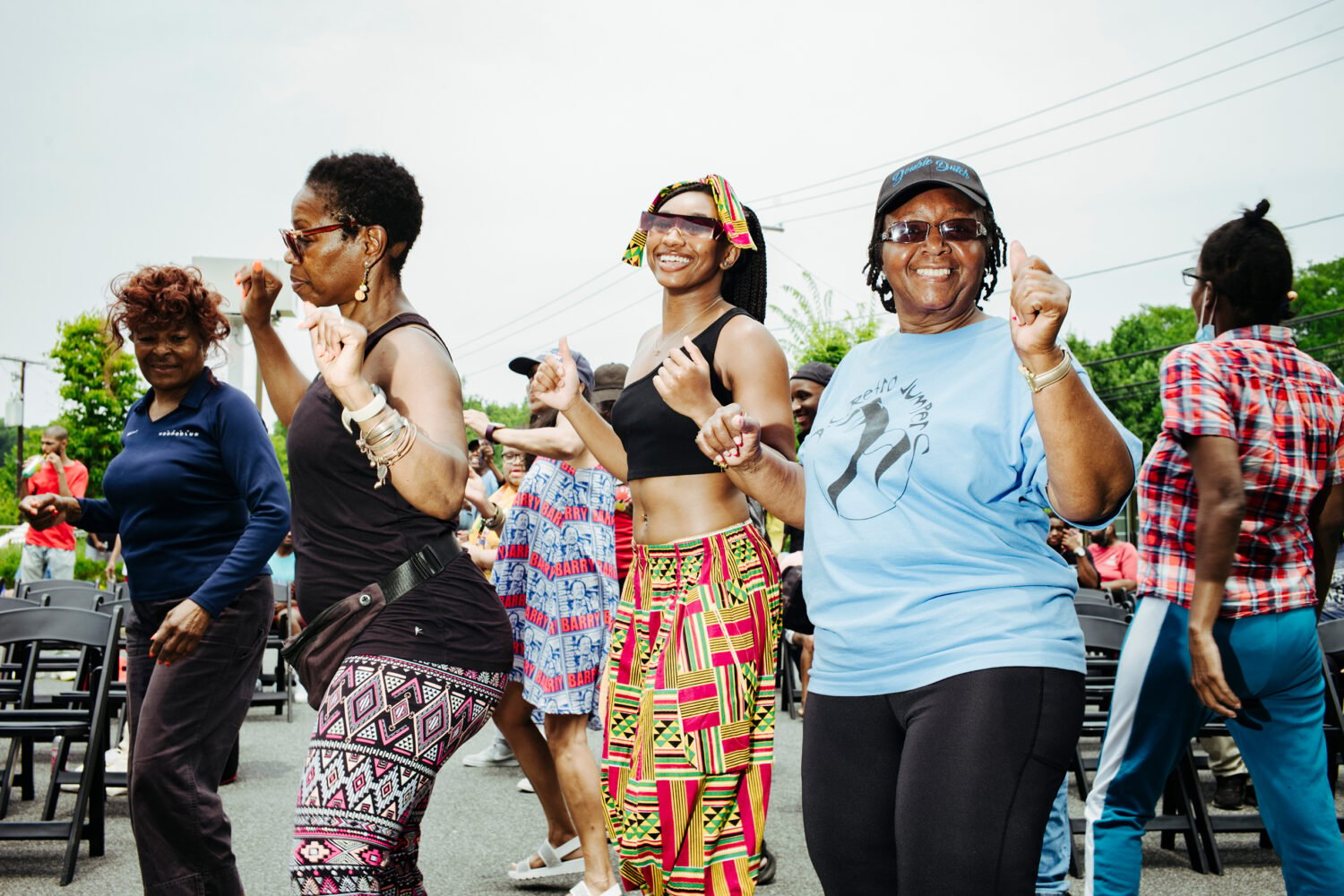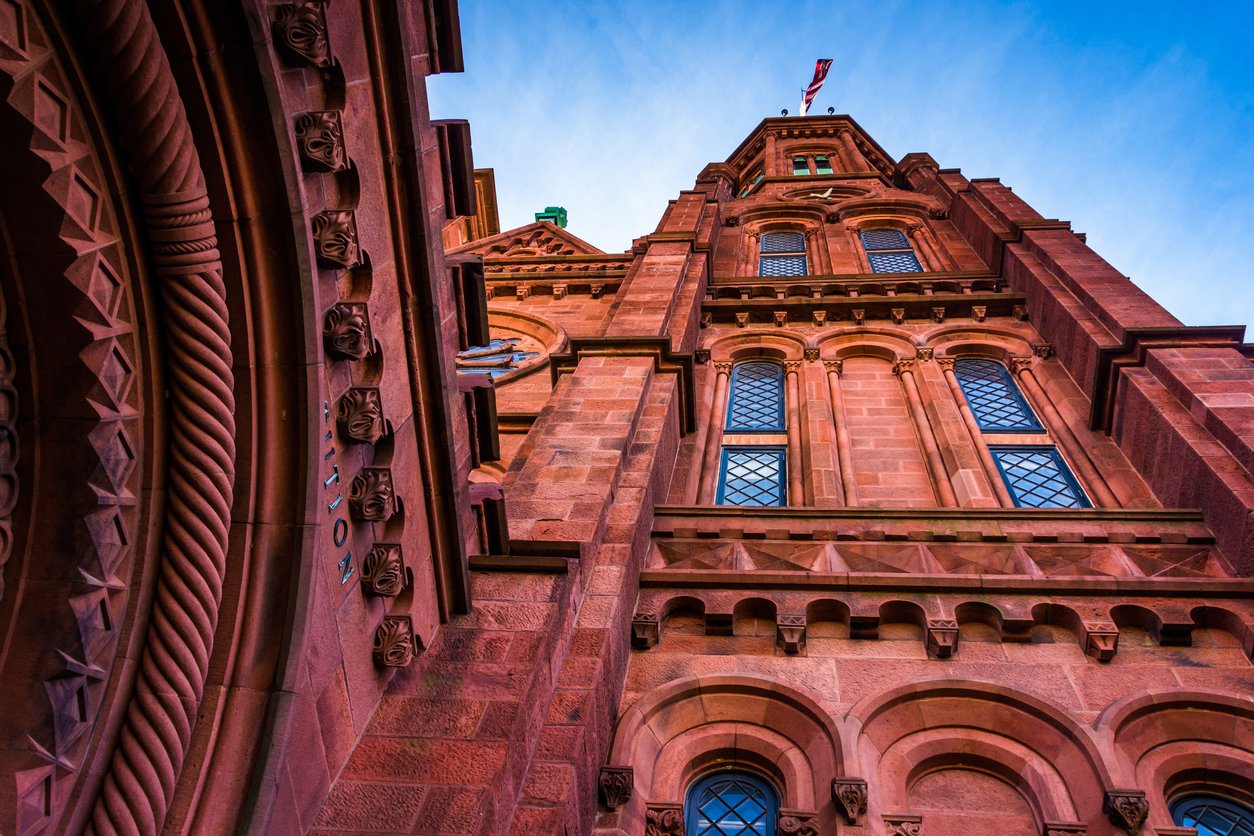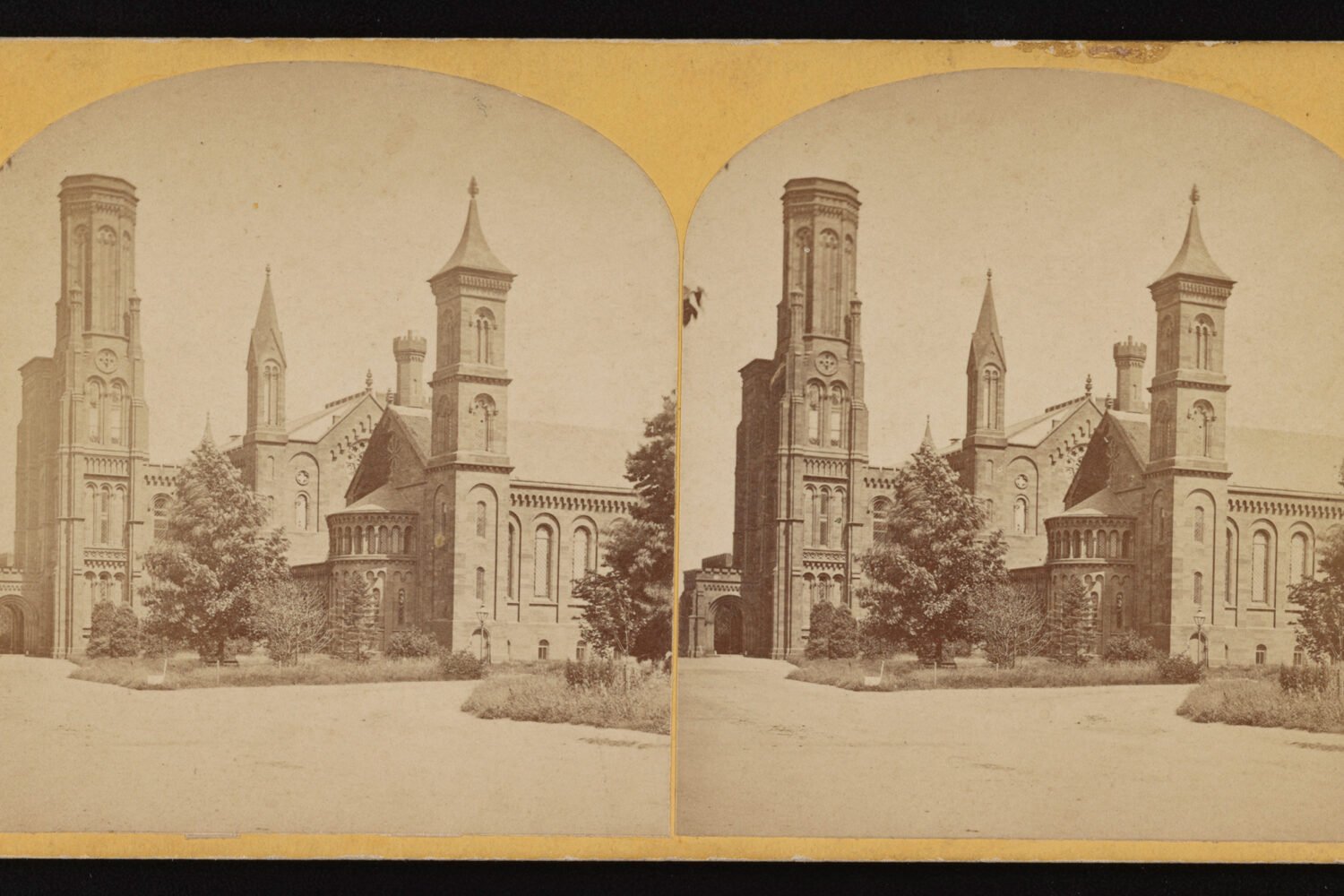Today’s Juneteenth celebration marks 154 years since the end of slavery in the United States after Union soldiers arrived in Galveston Bay, Texas and declared the Civil War over and slaves freed. While Juneteenth has never been recognized as an official national holiday, DC and 45 states celebrate it locally. And this year, the House Judiciary Committee is holding a hearing on reparations for black Americans for the first time in more than a decade as the subject takes on growing importance for the 2020 election.
The National Museum of African American History and Culture is home to many of the most significant objects marking emancipation and its legacy. Here are some of the most compelling items in the museum’s Slavery and Freedom collection:
Waiting for the Hour
This print shows the night of December 31, 1862, as enslaved people waited for President Abraham Lincoln’s Emancipation Proclamation to go into effect in 1863. The proclamation didn’t successfully end slavery, but it made clear that a Union victory would end the institution.
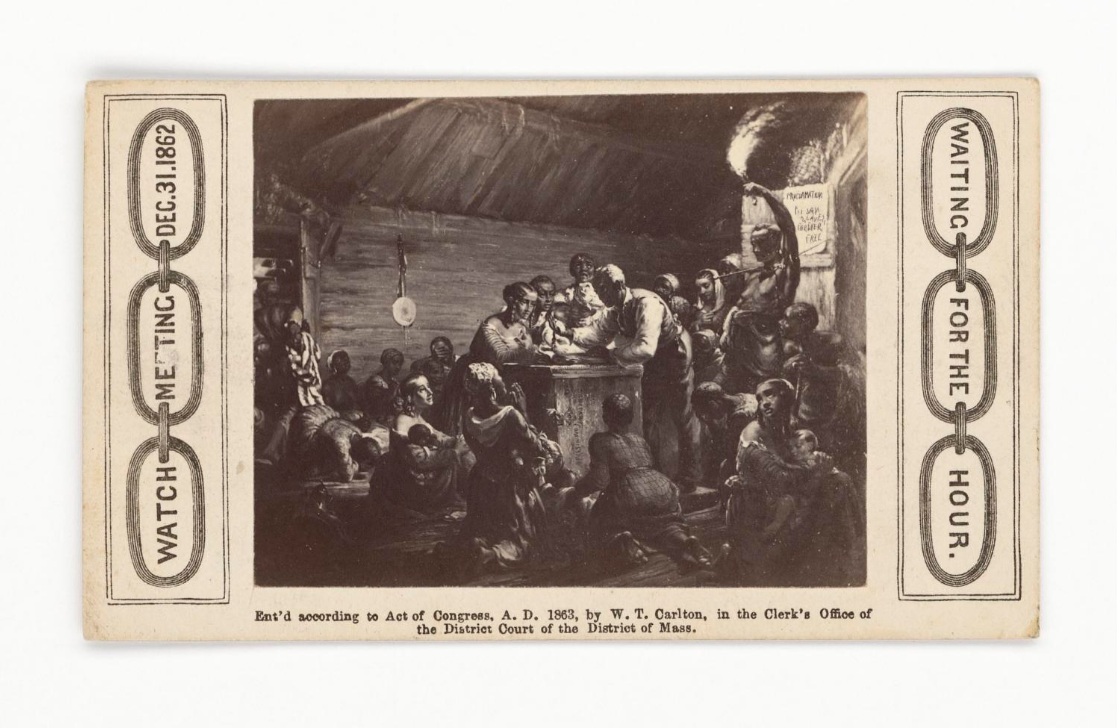
Patience on a Monument
In this 1868 print from the Cincinnati Gazette, a freed slave looks down from the peak of a monument inscribed with the injustices inflicted upon black Americans.
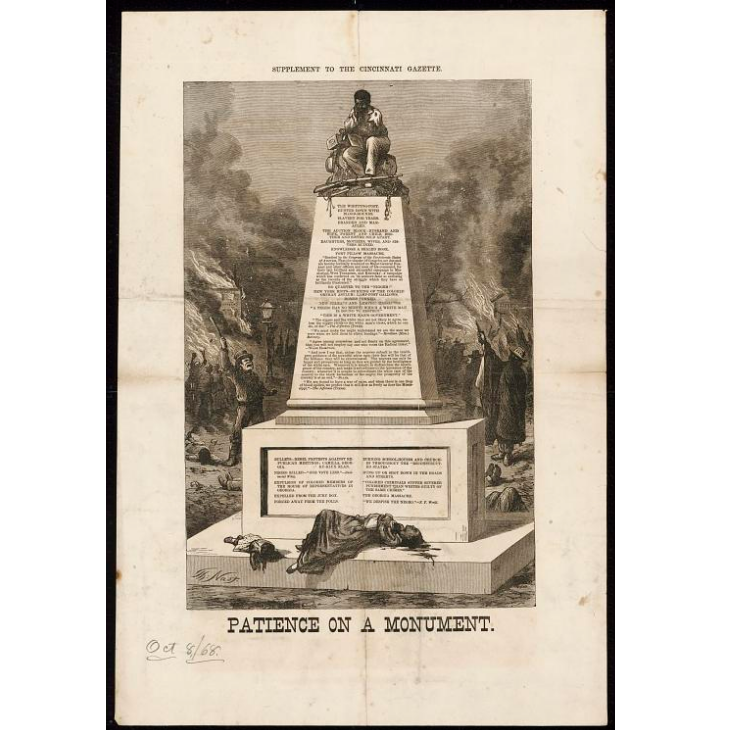
Thomas Peterson, First African American Voter
The Fifteenth Amendment gave Americans the right to vote regardless of “race, color or previous condition of servitude.” On March 31, 1870, the day after the amendment was ratified, Thomas Peterson of New Jersey became the first African American to legally cast a ballot. His town gave him the medal he wears in this photo to honor his historic vote.
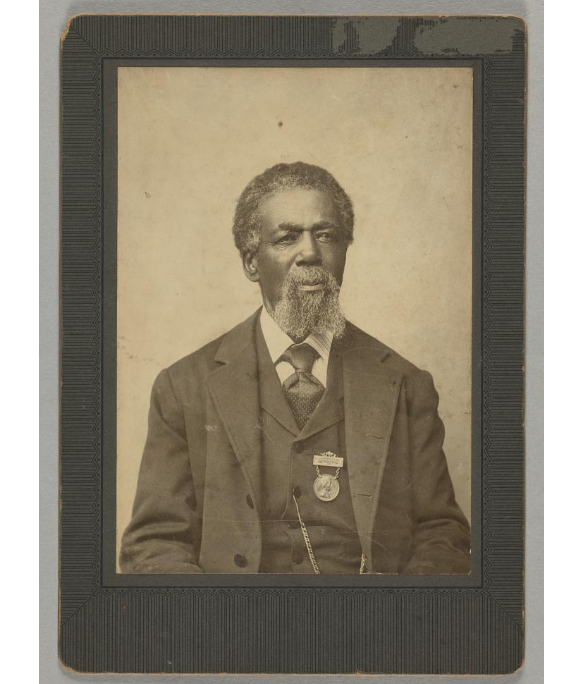
Harriet Tubman’s Hymnal
The NMAAHC is home to Harriet Tubman’s personal book of hymns. The legendary abolitionist knew every word in the hymnal, despite not being able to read, the museum’s Curator of Religion Eric Williams told The New York Times.
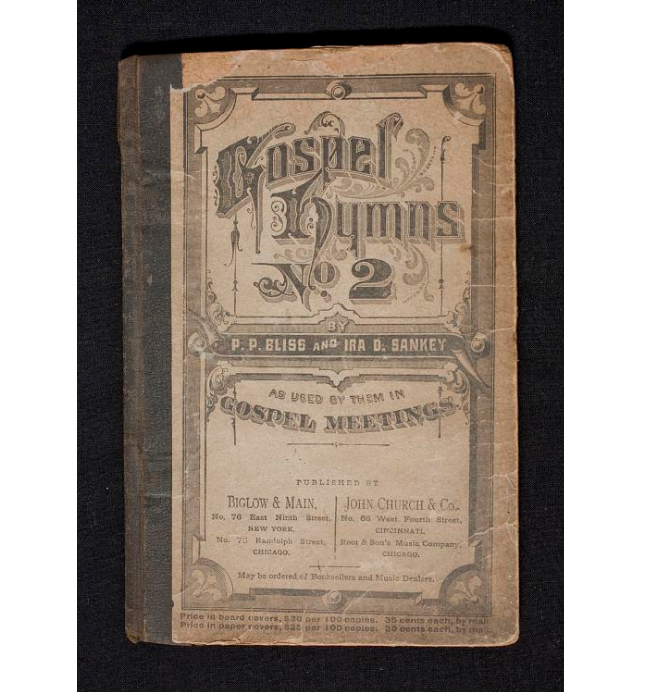
The “Emancipation March” (from the Defining Freedom exhibit)
This pin commemorates the 1963 March on Washington to protest continuing inequality and racism faced by black Americans nearly a century after emancipation.
